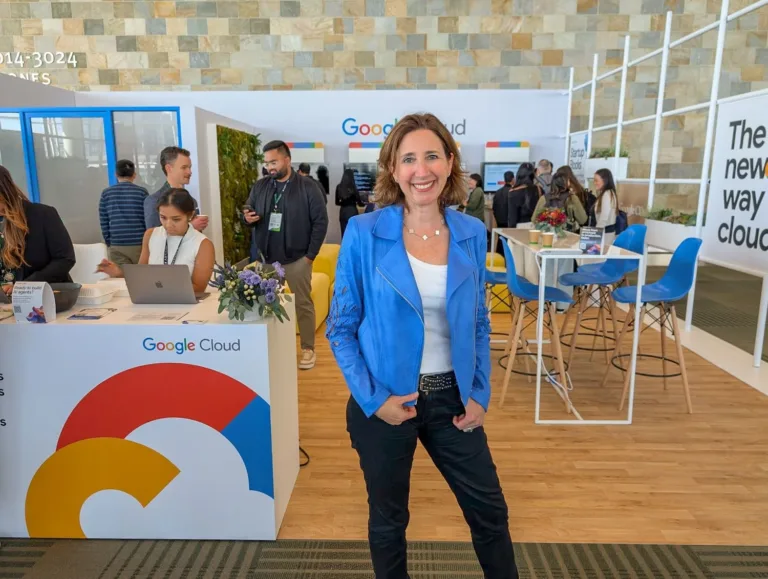Key Insights
- Universal Quantum CEO Sebastian Weidt presented a decisive five-step plan before Parliament, urging swift government investment and infrastructure for quantum technology.
- The plan champions UK talent retention, domestic manufacturing, and international collaboration to secure sovereign capability and global competitiveness in quantum computing.
Universal Quantum CEO Sebastian Weidt delivered a compelling call to action before the UK Parliament’s Science, Innovation and Technology Committee on October 23, 2025, outlining a five-step plan designed to protect and advance the UK’s position in quantum computing. Weidt’s testimony stressed that the UK’s current lead in quantum innovation could be at risk if government investment and policy do not keep pace with global competitors like Germany and the US—countries already making bold moves to anchor quantum capabilities within their borders .
Weidt’s five-step blueprint includes:
- Accelerated Investment Speed: Funding through institutions such as the British Business Bank and National Wealth Fund is currently too slow and risk-averse. Weidt urged government to act as a fast-moving lead investor, unlocking private capital and industry momentum.
- Building Domestic Infrastructure and Manufacturing: The UK must establish facilities for both producing and exporting utility-scale quantum computers. Universal Quantum could anchor such a manufacturing hub, driving regional growth and securing Britain’s role in the global quantum supply chain.
- Government Procurement as Anchor Customer: Weidt highlighted Germany’s direct procurement of quantum systems, contrasting it with the UK’s lack of comparable contracts. Official procurement would validate domestic technology and signal investor confidence.
- Defence and Security Integration: Weidt proposed a joint quantum plan between defence agencies, with the Ministry of Defence acting as an anchor customer. This would accelerate adoption and strengthen NATO partnerships, while safeguarding national security.
- International Support and Coordination: Enhanced visibility and coordination between commercial and diplomatic efforts are crucial for export success. International partners often look for signs of government backing before making major deals, making official support essential.
Weidt emphasized,
“None of these are theoretical asks. They are practical steps that would help us ensure the UK retains a sovereign capability in quantum computing. They would show investors and international partners that Britain is serious about leading in this field.”
The UK’s quantum sector has benefited from significant government initiatives, including the National Quantum Technologies Programme and a £2.5 billion commitment through the National Quantum Strategy .
But experts warn that momentum could stall without faster action. Universal Quantum’s own experience illustrates this contrast: the company has secured over €70 million in contracts from Germany, yet has not received comparable support from its home government.
You would love to read :UK Launches Neuroware; First National Innovation Centre for Neuromorphic Computing Hardware
Public reaction across the UK’s tech and scientific circles has been largely supportive of Weidt’s proposals. Many highlight the critical importance of government leadership to avoid losing ground to international competitors. Some experts, however, express concern about the pace of policy implementation and the risk of the UK repeating past mistakes seen in fields like artificial intelligence .
Universal Quantum’s modular trapped-ion architecture, designed for scalability and real-world impact, exemplifies the UK’s potential to deliver quantum solutions for industries from pharmaceuticals to logistics and defence. The company’s mission aligns with the national goal: to build large-scale, fault-tolerant quantum computers capable of tackling global challenges .
In summary, Weidt’s five-step plan offers a practical roadmap for government and industry to maintain the UK’s competitive edge in quantum computing, emphasizing urgency, strategic investment, and coordinated action.
Discover more from WireUnwired Research
Subscribe to get the latest posts sent to your email.




